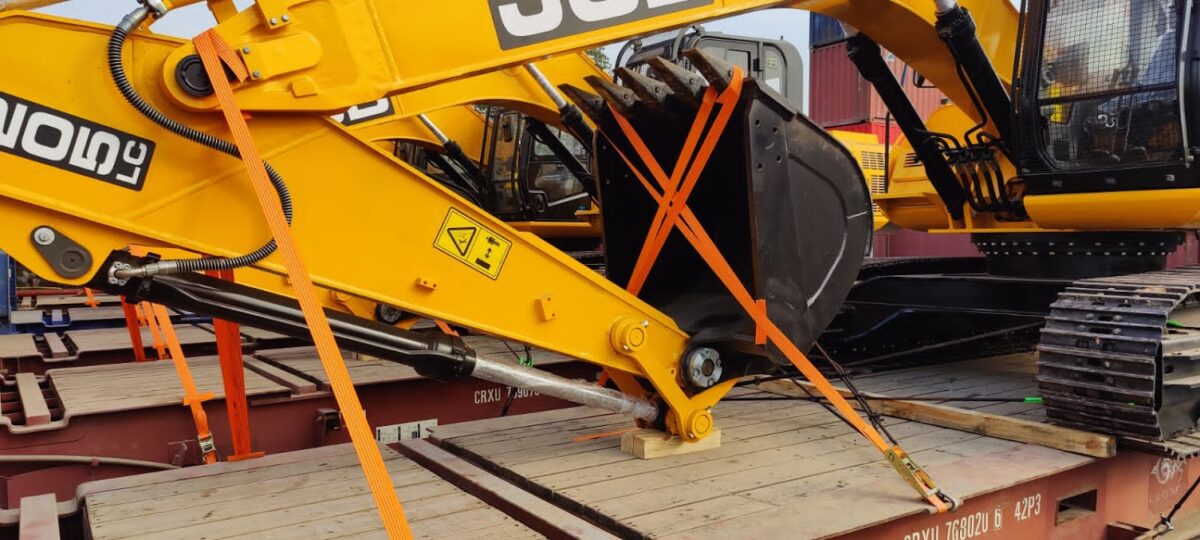In the domain of cargo handling and transportation, there has always been a constant pursuit of methodologies and materials that enhance efficiency and ensure safety. Traditionally, steel wire ropes have been the bedrock for lashing cargo, mainly due to their robust and resilient nature. However, a paradigm shift is currently underway, with an increasing number of industries embracing nylon/polyester belts and slings as a more sustainable and safer alternative for lashing.
As a material, steel wire ropes offer undeniable strength and durability. But, in the context of environment and cargo safety, it might be time to reconsider the continued use of this traditional staple in the logistics industry. Why? Let’s delve into the reasons.
1. Environmentally Friendly:
Nylon and polyester, the materials used in making synthetic belts and slings, are much lighter than steel. This translates into less fuel used for transportation, resulting in a substantial reduction in CO2 emissions. Moreover, the production process for synthetic materials involves less energy compared to the processing of steel, further reducing their carbon footprint.
2. Cargo Safety:
Synthetic belts and slings offer a significant advantage when it comes to the safety of the cargo. Unlike steel wire ropes, which may damage sensitive cargo due to their rigid nature, nylon and polyester slings conform to the shape of the cargo, distributing the load more evenly.
3. Operational Efficiency:
Synthetic belts and slings are easier to handle due to their lightweight nature, reducing manual labor efforts. The ease of handling also enhances operational efficiency as more time can be allocated to core tasks.
4. Safety for Workers:
Steel wire ropes, with their high weight and rigid structure, can pose risks to workers during handling. The synthetic counterparts are lighter and easier to manage, which not only reduces injury risks but also makes the process more ergonomic.
The switch to synthetic materials like nylon and polyester is not just about following a trend. It’s about prioritizing safety, boosting operational efficiency, and most importantly, adopting more sustainable practices. At Pearl Group, we were the first ones to introduce this change into Western India – having learnt from the best practices in Europe. Pioneering this movement, we set up a subsidiary, aptly named Pioneer Cargo, to tackle the hardest challenges when it comes to securing your cargo, utilising tested and certified materials, all while being extremely cost efficient. And, it turns out, with this shift to synthetic, we’re not just cost and operationally efficient, it’s also an environmentally better alternative.
So, isn’t it time we embrace the shift?
